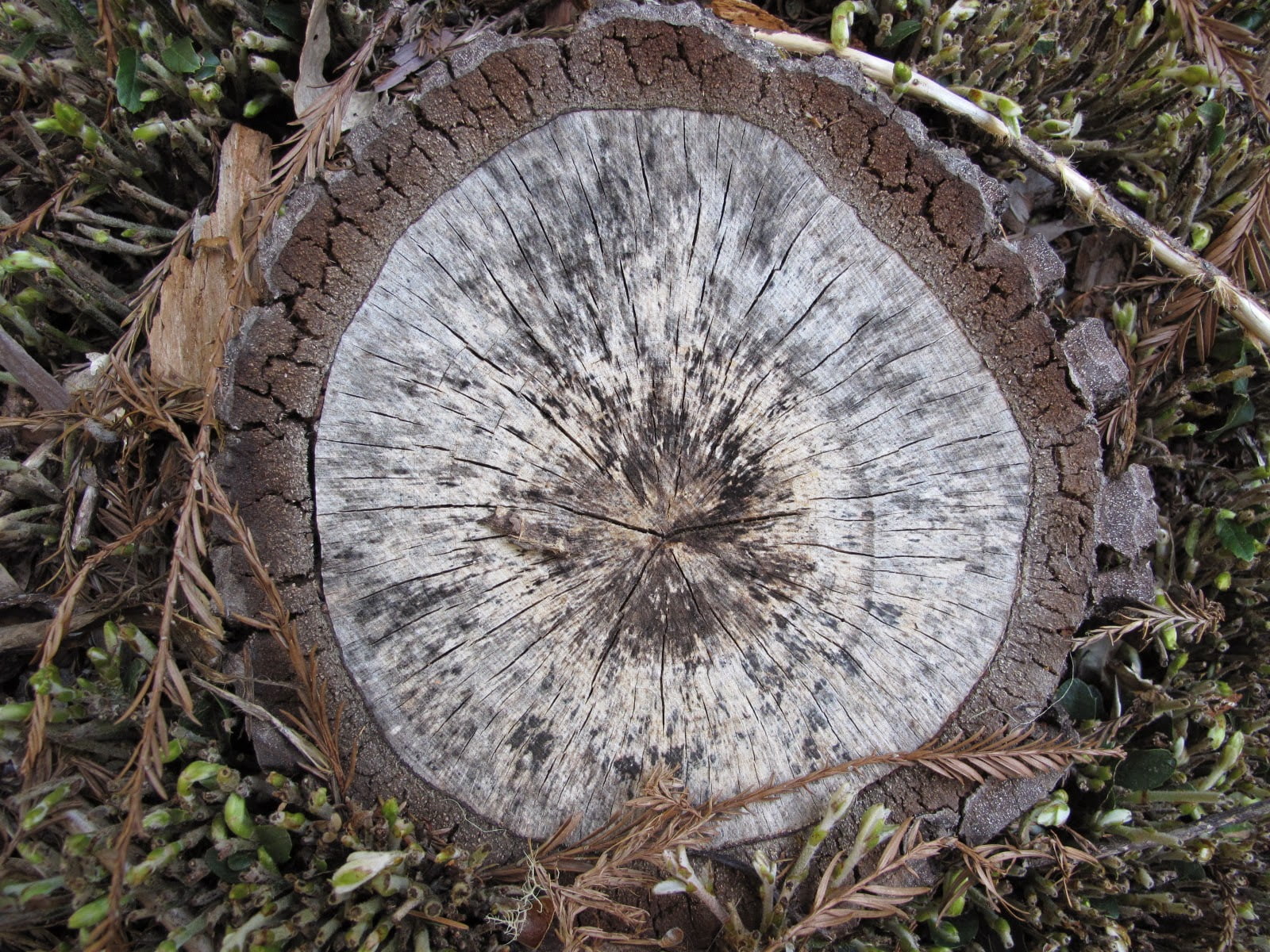Bernard of Clairvaux in his First Sermon of Advent jumps immediately into the meaning of Advent by asking us to ponder: “Who it is Who comes, whence He comes, and whither, why He comes and when and by what way” (On the Christian Year, p.13). To repeat: Bernard’s first sermon reflects on ‘Who is coming’, from what place or source He comes, to where He comes, why He is coming, and finally when and by what way! Clearly Bernard knows how to arouse our hearts in longing and anticipation! It seems to me that by reflecting on Who is coming and what he is bringing into our lives awakens our longing and desire; we become aware of the grace we need, of what we are given and to be given in this Incarnation, an incarnate reality that continues to happen in humble human flesh. So this morning I like to focus on Who is coming and what this means for our lives. I like to do it first by teasing out some of the beautiful images we are given in the reading from Isaiah for this Second Sunday of Advent.
We learn from the very first sentence that the One Who is coming is coming from humble roots. A small ‘green shoot’ shall spring forth from a ‘stump’, ‘the stump of Jesse’. If the One who is coming comes from such a humble source, does this not also say something about the place within us where we are to receive Him and about our inner attitude that is to welcome this total gift of our God? Indeed the stable of the heart, our hearts are poor and in such need…the state of our hearts do not have to be perfect. Perhaps all is asked in this Advent preparation is our longing and this to be sprinkled with just enough hope and faith in God’s promise. Over and over we hear and know the truth of this: that the humble and pure of heart will see God for a prideful heart is unable to behold and receive Him. Pride cannot see its need; pride makes us feel self-sufficient.
We learn next that the Spirit of the Lord is upon him…this is what John the Baptist witnessed…Then we get a magnificent description of what is upon and with him: ‘a spirit of wisdom and insight’, ‘a spirit of counsel and gentle power’, ‘a spirit of knowledge and the fear of the Lord’. And then how will he judge? Not by appearances or hearsay but with integrity and with equity. The garments he wears are described as ‘integrity’ and ‘faithfulness’. As we ponder who is coming into the stable of our hearts, imagine who and what we are receiving in this Divine birth: One who is the fullness of God’s wisdom, One who offers insightful counsel, One who has the power to heal and save, One who is God’s compassion and mercy. His coming brings mercy, insight and integrity to our judgments. He will guide our ‘judgments’ and help us to exercise judgment with ‘integrity and equity’.
Guerric of Igny in his second sermon for Advent describes the One who is coming as “the reconciliation of the world” (Liturgical Sermons, book 1, p.7). And the gift of the Incarnation is that this ‘reconciliation’ is to happen in and through our lives. Right in the midst of what divides us as individuals, as communities, as a Church, as nations, this is where the grace of mercy and truth is coming. Guerric continues and speaks of the “intimate visitation” of God’s coming: “God loves mercy and truth; the Lord will give grace and glory, granting grace through his mercy, conferring glory through his truth” (p.11). If God loves ‘mercy and truth’ it seems to me then the more we are living from a place of mercy and truth, then indeed he will give us more of grace through his mercy and more of glory through his truth. And finally in this second sermon Guerric stresses that this coming, this new manifestation of God will be “hidden”—meaning to my mind that it will not be so obvious…still we will know, we will sense that we have been ‘visited’ with the grace of mercy and the humble glory of truth. The ‘hiddenness’ of the second coming is described further by Guerric: “invisible he is seen”, “inconceivable he is understood” (p.11). I find this a remarkable description, even in its paradox, of this birth that is to happen in the soul and in the midst of our lives.
I began with Bernard’s evocation asking us to ponder Who is coming. We are given so many amazing images from the Isaiah reading to Guerric’s sermon that describe the God who is to become flesh of our flesh once again. This is who John the Baptist is preparing the way for: the One who will baptize us with the Holy Spirit. We will not be in want of grace and simple, humble glory if we are but open to receive and to believe as Mary was at her annunciation.
Sr Kathy DeVico, OCSO
Corpus Christi 2025
“Do this in remembrance of me”: with each Eucharist Jesus’ total self-gift and offering is present, in our midst and within our hearts. ‘Remembrance’ is not only an event of


